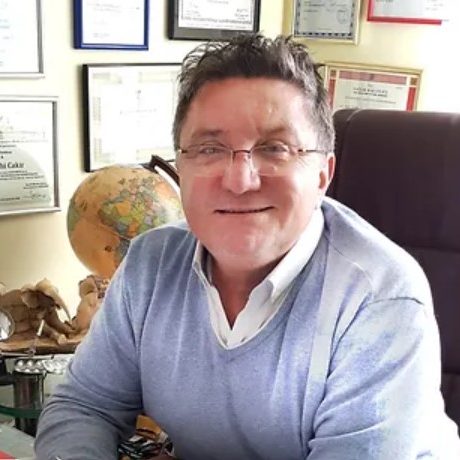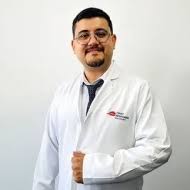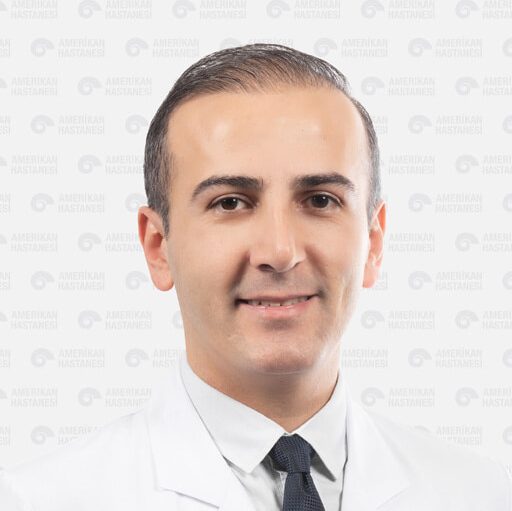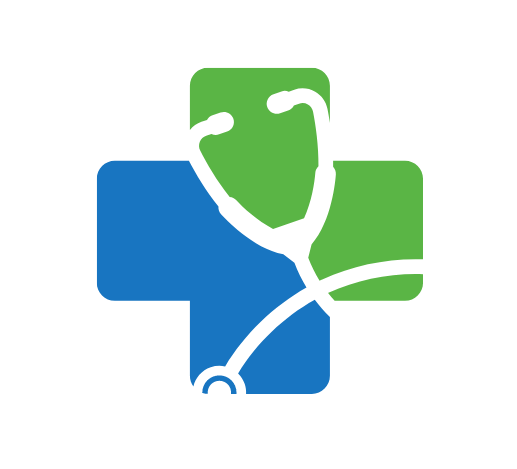
Sedef Gokce Senocak Gokceoglu
MedHills Medical Centre

Ruhi Cakir
Berlin HealthCare

Bugra Gokberk Akman
First Response Healthcare

Hasan Huseyin Sahin
Shadi Alshaeikh Clinic
What is General Practitioner?
GPs are the first line of defense in health. They see patients from all walks of life. Every day is different, full of surprises.
Trust between a GP and patient grows over time. These bonds are essential for effective care. Patients often confide in their GPs about more than just health issues.
GPs play a crucial role in early disease detection. They notice subtle signs that others might miss. Early intervention can make a significant difference.
GPs consider the whole person, not just symptoms. They factor in emotional and social aspects. This approach ensures comprehensive care.
Chronic diseases require ongoing management. GPs oversee treatment plans and adjust medications. Their goal is to maintain the best quality of life for their patients.
When necessary, GPs refer patients to specialists. They ensure continuity of care and coordinate treatments. This seamless transition is vital for patient health.
In rural areas, GPs might be the only healthcare providers. They need a broad skill set to handle various medical situations. Their versatility is crucial in these communities.
Mental and physical health are intertwined. GPs identify and support mental health issues. They provide initial care and refer patients to mental health professionals when needed.
GPs often treat entire families. They understand family health histories and dynamics. This knowledge helps in providing personalized care.
Healthcare technology is continually evolving. GPs adopt new tools like telemedicine. Staying updated with advancements is essential for effective practice.
GPs often serve immigrants facing unique health issues. Language barriers and different health practices can complicate care. GPs navigate these challenges with empathy and understanding.
Urban and rural practices have different dynamics. Urban GPs might have access to more resources. Rural GPs often handle a wider variety of cases.
In Dubai, GPs blend traditional practice with modern technology. They cater to a diverse population’s needs. This blend ensures high-quality healthcare in the city.
Children require special attention. GPs manage everything from routine checkups to developmental issues. They play a crucial role in early childhood health.
Elderly patients have specific health needs. GPs manage their chronic conditions and ensure they stay active. Regular monitoring and personalized care are essential.
GPs provide cost-effective health solutions. They reduce the need for expensive specialist care. This makes healthcare accessible to a broader population.
Medicine constantly evolves. GPs attend workshops and training to stay informed. This continuous learning improves patient care.
During crises like pandemics, GPs adapt quickly. They implement telemedicine and other safety measures. Their role is essential in managing public health crises.
Listening and empathy are vital traits for GPs. Patients need to feel understood and cared for. Emotional intelligence helps in building strong patient relationships.
Each patient is unique. GPs tailor their approach to individual needs. This personalization ensures better health outcomes.
GPs often engage in community health initiatives. They lead workshops and health fairs. Educating the public is part of their mission.
They balance clinical knowledge with patient care. This perspective makes them vital in the healthcare system.
The journey of a GP is rewarding despite challenges. Seeing patients recover and thrive brings immense satisfaction. Their impact on community health is profound and lasting.


 then "Add to Home Screen"
then "Add to Home Screen"